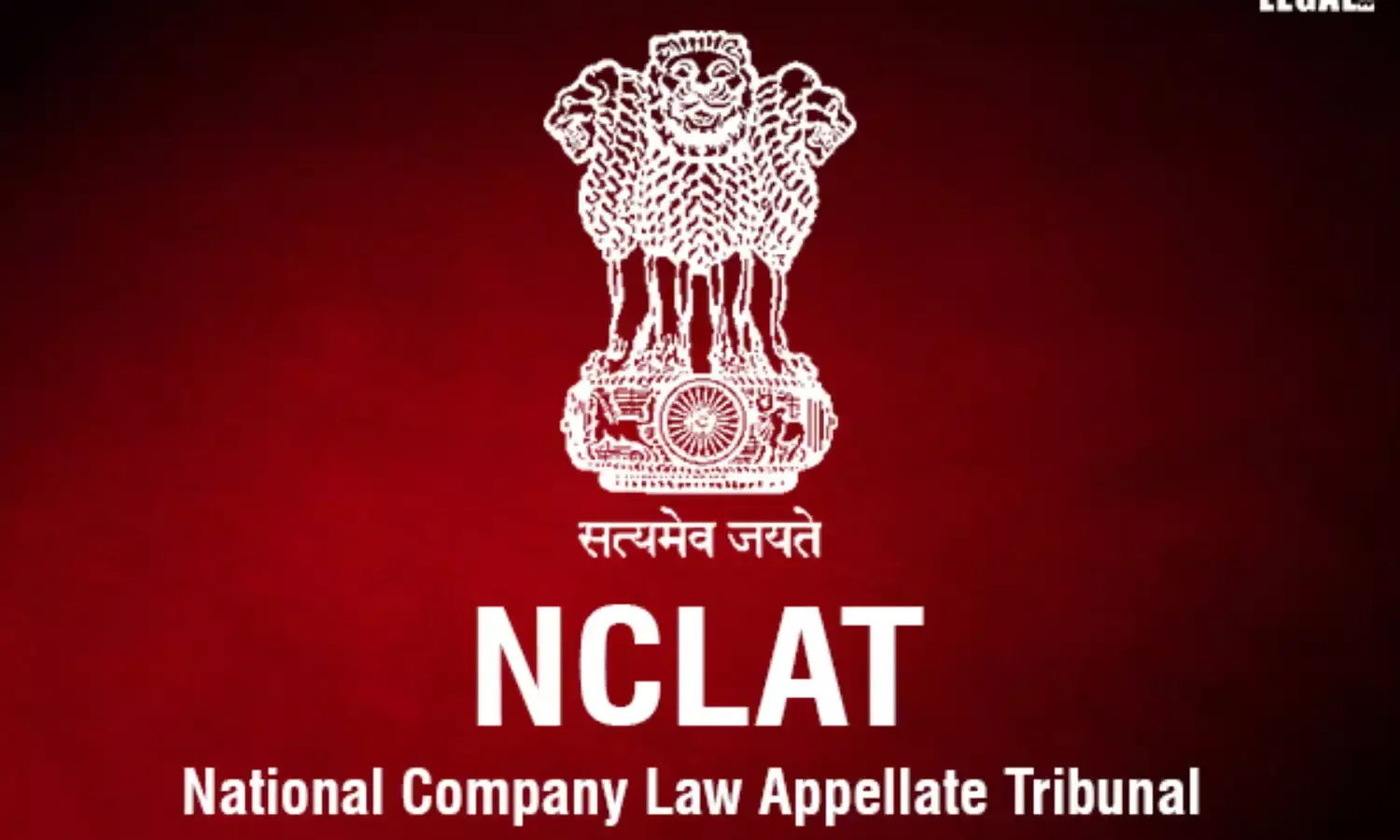NCLAT: No New Settlement Proposals Permitted After Approval Of Resolution Plan
In a significant ruling, the National Company Law Appellate Tribunal (NCLAT) New Delhi division bench, comprising Justice;

NCLAT: No New Settlement Proposals Permitted After Approval Of Resolution Plan
In a significant ruling, the National Company Law Appellate Tribunal (NCLAT) New Delhi division bench, comprising Justice Ashok Bhushan (Chairperson) and Barun Mitra (Technical Member), held that once a Resolution Plan is approved by the Committee of Creditors (CoC) and the Corporate Insolvency Resolution Process (CIRP) is concluded, the submission of new settlement proposals is not permissible. The bench emphasized that the CoC's decision, particularly when taken with unanimous consent, is final and cannot be challenged unless it is arbitrary.
Nimitaya Hotel & Resorts Pvt. Ltd. (Nimitaya), the corporate debtor, had availed various financial facilities from Indian Bank (formerly Allahabad Bank). Following defaults, Indian Bank filed a Section 7 application under the Insolvency and Bankruptcy Code (IBC), which was admitted on 24th December 2021. Dissatisfied with this decision, Mr. Sanjeev Mahajan, a shareholder and promoter of Nimitaya, filed an appeal challenging the order.
On 4th July 2022, the NCLT, New Delhi, disposed of the appeal and permitted Mr. Sanjeev to submit a fresh application under Section 12-A of the IBC to the Interim Resolution Professional (IRP) or Resolution Professional (RP) for consideration by the CoC. He proposed a settlement offer exceeding ₹81 crores, which the CoC subsequently rejected.
Mr. Sanjeev filed a contempt application, which was dismissed on 21st November 2022. However, the NCLT allowed him to participate in negotiations with the CoC. Mr. Sanjeev submitted a revised settlement proposal of ₹100 crores, which was considered by the CoC alongside the Resolution Plan from Nehru Place Hotels and Real Estates Pvt. Ltd. (SRA). The CoC, with a 100% vote share, approved the SRA's plan valued at ₹120.01 crores on 8th January 2023, rejecting Mr. Sanjeev's proposal.
Despite the CoC’s approval, Mr. Sanjeev submitted another proposal of ₹118.25 crores on 21st March 2023, which the RP forwarded to the CoC. However, the CoC declined this proposal. Mr. Sanjeev approached the NCLT, seeking directions for the CoC to consider his settlement proposal, which was opposed by both the RP and the SRA.
The NCLAT observed that Mr. Sanjeev’s challenge to the rejection of his ₹118.26 crores settlement proposal was unsustainable. He argued that the CoC’s decision was arbitrary, referring to the Supreme Court’s decision in Swiss Ribbons Pvt. Ltd. v. Union of India (2019), which allows for the CoC's arbitrary rejection to be challenged. However, the NCLAT found that the CoC’s decision in this case was not arbitrary and, therefore, Mr. Sanjeev’s reliance on the judgment was misplaced.
The NCLAT also noted that Mr. Sanjeev’s revised settlement proposal included a condition that the liabilities of the Corporate Debtor, its Promoters, and Guarantors would be extinguished upon approval. This conflicted with the Resolution Plan submitted by the SRA, under which the personal guarantees would remain with the Bank.
The NCLAT concluded that the CoC's decision, made with a 100% vote share, was well considered and could not be deemed arbitrary. Furthermore, after the approval of the Resolution Plan, it was not permissible for Mr. Sanjeev to submit a new proposal or increase the settlement value. The CIRP period had ended, and his attempts to file fresh proposals post-CIRP were impermissible.
Ultimately, the NCLAT dismissed the appeal, holding it to be devoid of merit, thereby reaffirming the finality of the CoC’s decision post-approval of a Resolution Plan.

